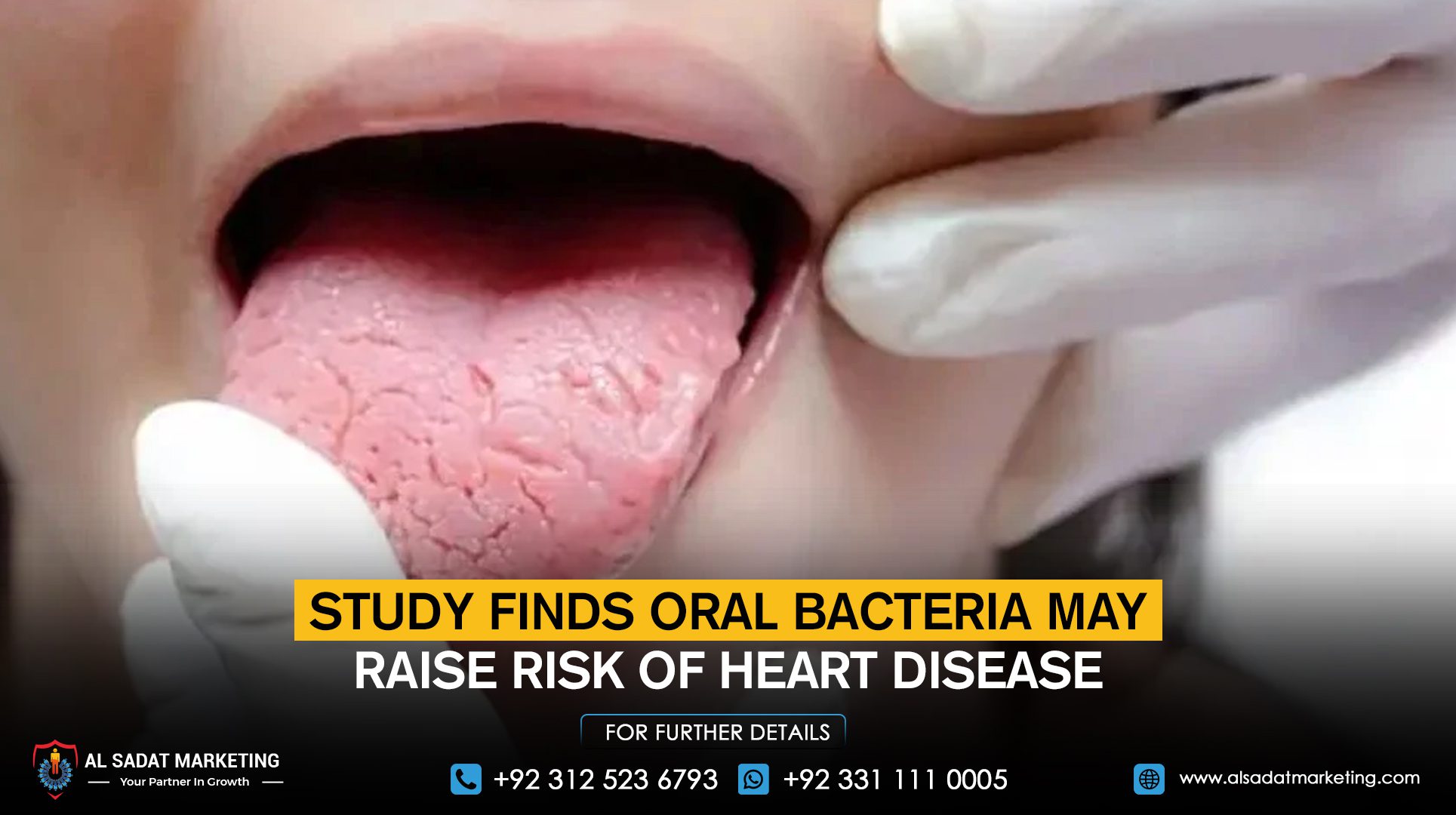A new study suggests that bacteria commonly found in the mouth could play a major role in heart disease, underlining the strong connection between dental and cardiovascular health.
Researchers discovered that these bacteria can settle inside the walls of heart arteries, where they build a tough layer known as a biofilm. This shield protects them from the body’s immune system and even from medication.
When the biofilm breaks down, it can trigger inflammation that weakens the arteries and increases the risk of dangerous blood clots — which can lead to heart attacks or strokes.
Research in Finland
The findings come from a Finnish study that examined tissue samples from people who died of sudden heart attacks as well as from 96 patients who had undergone heart artery surgery.
Nearly 60% of the patients were found to have viridans streptococci — a type of bacteria usually present in the mouth — embedded in their artery walls.
Experts say this isn’t accidental. The bacteria appear to actively damage the protective fatty lining of arteries, making ruptures more likely and raising the chances of life-threatening complications.
Why oral care matters
Health experts warn that poor oral hygiene could directly contribute to heart problems.
“Brushing and caring for your gums daily, along with regular health check-ups, is essential to reducing heart disease risk,” the study’s authors said.










